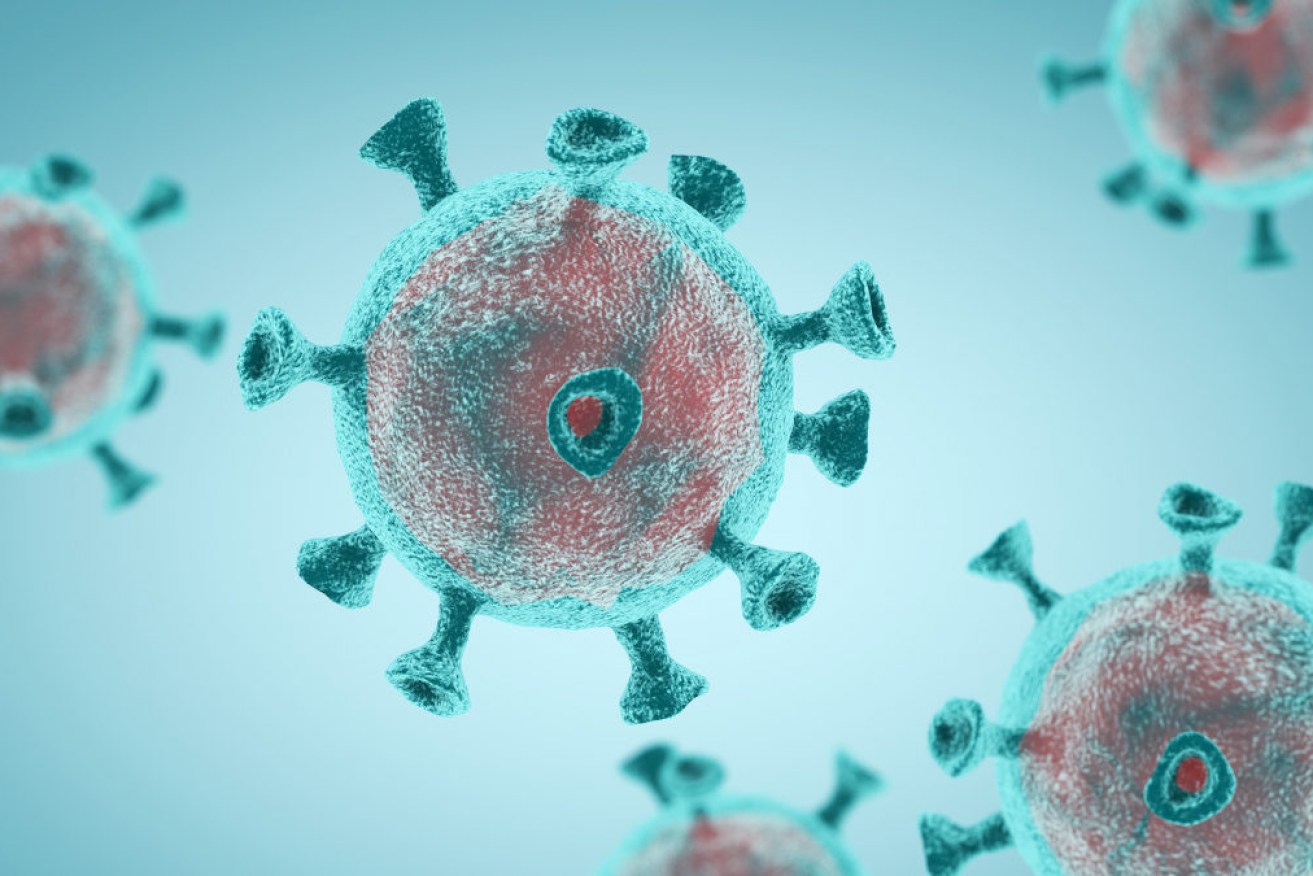Yes, the coronavirus is mutating: But it isn’t necessarily a bad thing


The breakthrough could help treat coronavirus complications. Photo: Getty
A month ago, scientists from the Los Alamos National Laboratory in New Mexico released a paper that described how the SARS-CoV-2 virus had mutated into a more contagious or transmissible form.
The scientists said this strain was the result of a single mutation and was “of most concern.”
The paper hadn’t been peer-reviewed or published in a journal.
Over the next few days, the story spread faster and wider than the actual disease: the new strain was more aggressive, it made people sicker.
Not a mutant strain!
If this was true, finding a vaccine would be all the more difficult.
And if the virus continued to mutate into more virulent strains, finding a vaccine could prove impossible – as it has done with HIV.
Almost immediately, though, other scientists were calling the findings “overblown” and the research underdone.
Virologists speaking to The Atlantic, said such a dangerous mutation was “plausible”, but they didn’t believe there was any evidence for it — nor would there be for months, if it were to happen.
This isn’t to say that the Los Alamos researchers hadn’t found a mutation – they had, in fact, found a rare mutation in the spike protein of the virus.
Within a week, analysis from the Medical Research Council-University of Glasgow Centre for Virus Research (CVR) found that there was still only one strain.
Dr Oscar MacLean, from the CVR, in a prepared statement said: “By analysing the extensive genetic sequence variation present in the genomes of the SARS-CoV-2 virus, the evolutionary analysis shows why these claims that multiple types of the virus are currently circulating are unfounded.
“It is important people are not concerned about virus mutations – these are normal and expected as a virus passes through a population.
“However, these mutations can be useful as they allow us to track transmission history and understand the historic pattern of global spread.”
There have been subsequent concerns about new, deadlier strains emerging, most recently last week from China, but again there is no hard evidence that this has happened.
Most virologists believe SARS-CoV-2 to be biologically stable. That is, it’s not becoming something new.
Mutations are happening all the time
This is what you need to know about viral mutation and SARS-CoV-2:
- Mutations occur all the time, as small errors that cause a change in a virus’s genetic code. They are a part of the virus life cycle.
- Most mutations have no impact on how the virus functions or how dangerous it is.
- However, these errors accumulate over time as the virus spreads. This accumulation can eventually make the virus harder to treat – more they can actually work to weaken the virus.
- A relatively small number of mutations will repeat themselves.
- Various research bodies have recorded thousands of mutations.
- For example, the University of Oxford has recorded 6822 mutations of SARS-CoV-2 virus globally: 273 of these were found to be repeating themselves in different patterns. They’re believed to be either neutral to human hosts, or harmful to the virus itself.
- Mutations are so far proving helpful to COVID-19 researchers.
- It appears that the virus has mutated into a number of genetic groups that have become particular geographic areas, broadly Europe, the US and Asia. This is proving helpful to track the spread of these versions of SARS-CoV-2 around the world.
- By analysing virus genomes from over 7,500 people infected with COVID-19, researchers from the University College of London (UCL) have characterised patterns of diversity of SARS-CoV-2 virus genome, offering clues to direct drugs and vaccine targets.
- The study, led by the UCL Genetics Institute, identified close to 200 recurrent genetic mutations in the virus, highlighting how it may be adapting and evolving to its human hosts.
- Co-lead author of a new paper Professor Francois Balloux (UCL Genetics Institute) said: “All viruses naturally mutate. Mutations in themselves are not a bad thing and there is nothing to suggest SARS-CoV-2 is mutating faster or slower than expected. So far we cannot say whether SARS-CoV-2 is becoming more or less lethal and contagious.”








